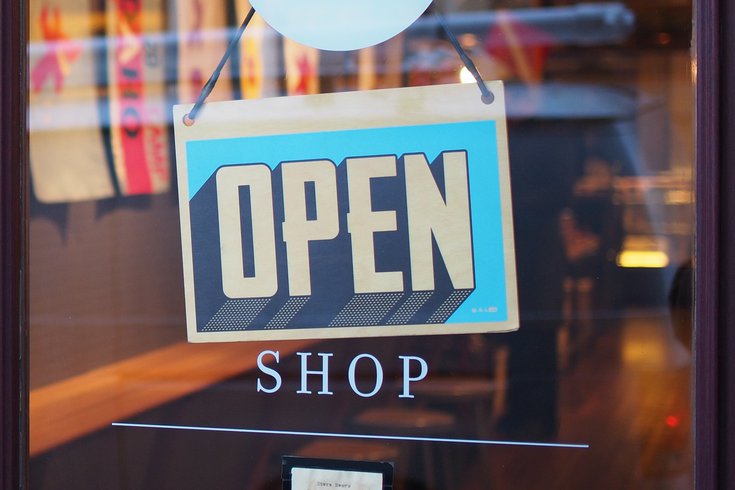
June 25, 2020
 Mike Pertucci/Unsplash
Mike Pertucci/Unsplash
Philadelphia City Council unanimously passed the Essential Workers Protection Act Thursday. It prohibits employers from firing or reducing an employee's hours or wages for speaking out against unhealthy or illegal safety violations.
Philadelphia City Council unanimously passed legislation Thursday that grants protections for workers speaking out against unsafe health conditions amid the coronavirus pandemic.
The Essential Workers Protection Act, which was sponsored by Councilmember Helen Gym, prohibits employers from firing or reducing an employee's hours or wages for demanding safer conditions or reporting COVID-19 health violations. Additionally, employees cannot be disciplined for refusing to work in illegal or unhealthy conditions if there are no safe alternatives to the job.
Council claims the legislation, which was supported by over two dozen labor, advocacy and nonprofit organizations, is the first in the country to offer such protections to workers. It will be overseen by the city's Department of Labor, which was instituted by Council earlier this month.
"Today City Council once again made clear that this city has the back of those workers who are simply asking that their employers follow the law and provide safe, healthy, and dignified workplaces," Gym said. "We are saying loud and clear that there will be no retaliation or backlash for workers who are seeking to protect the public health by protecting themselves, their families, and their customers.”
Gym also referred to the legislation as a "matter of racial justice" for protecting Black workers who are often disproportionately affected by retaliation in the workplace. According to a report by the National Employment Law Project, Black workers are more than twice as likely than white workers to have unresolved COVID-19 concerns and to experience retaliation for expressing safety concerns. Black Americans also are 42% more likely to develop severe COVID-19.
Essential workers have felt the brunt of the coronavirus pandemic. Health care workers have experienced a shortage of personal protective equipement, such as N95 masks, gloves, and gowns, and other essential workers have often been left with no protection. Earlier this month, sanitation workers protested against poor working conditions. The workers called for more PPE, hazard pay, temperature checks, and COVID-19 testing designated specifically for sanitation workers.
Follow Virginia & PhillyVoice on Twitter: @vastreva | @thePhillyVoice
Like us on Facebook: PhillyVoice
Add Virginia's RSS feed to your feed reader
Have a news tip? Let us know.